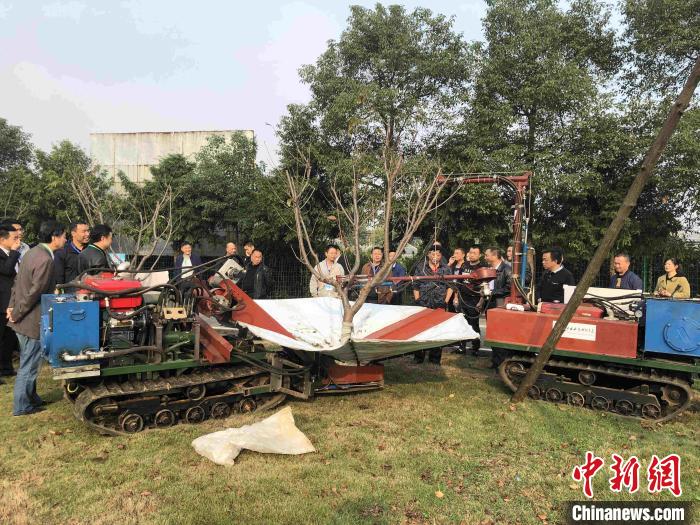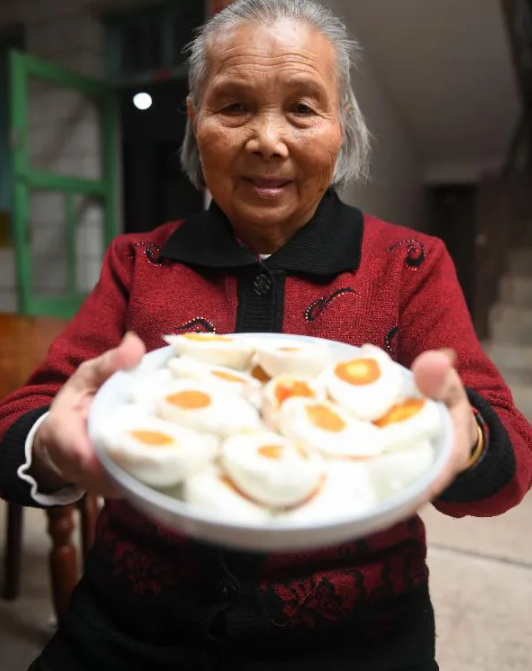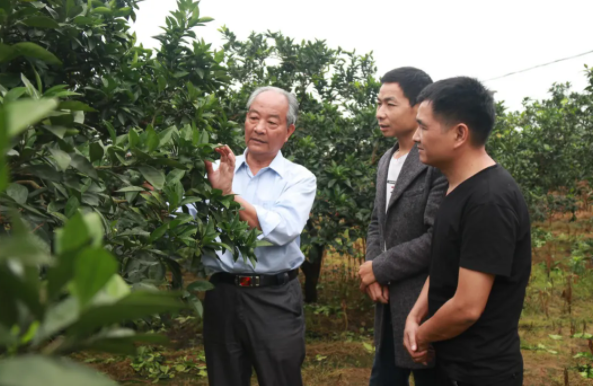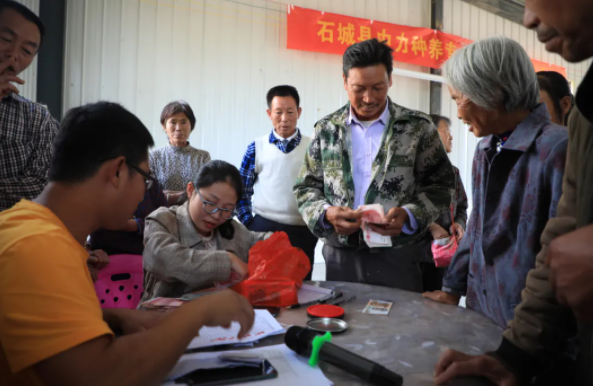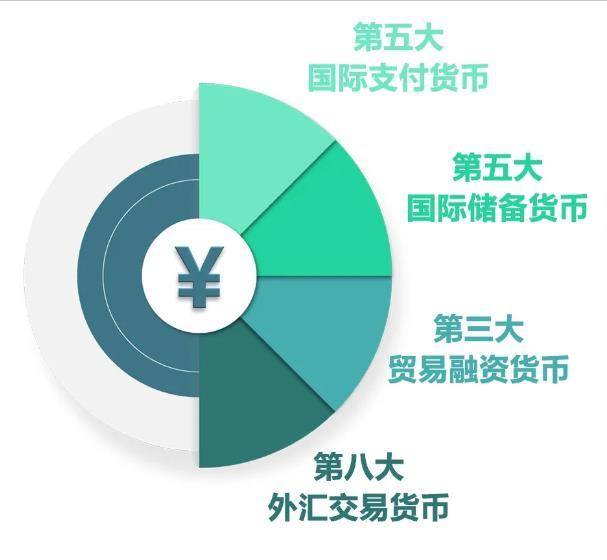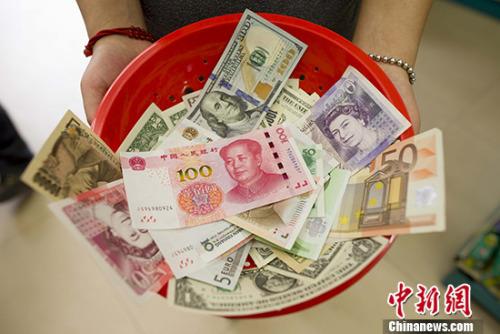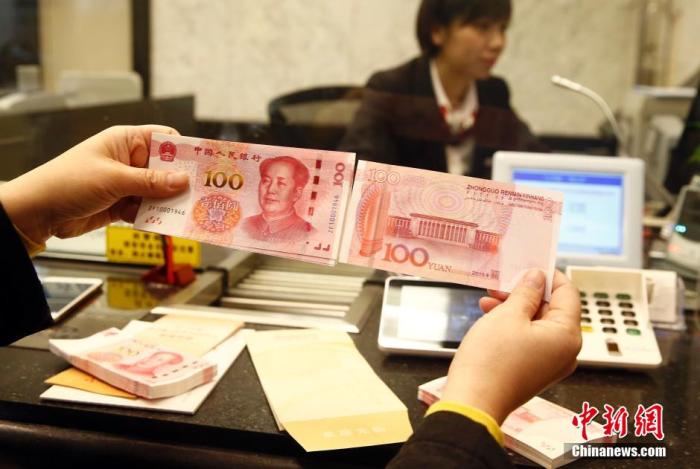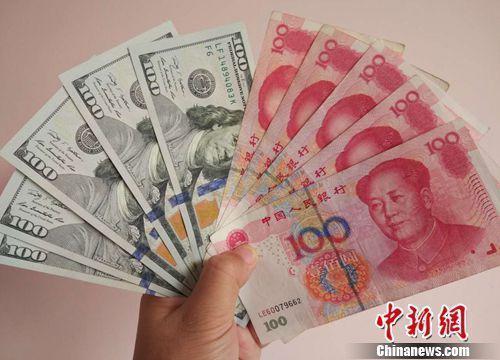Going to work, stressful? How much did you spend on decompression over the years …
May 4th (Zhao Jiaran), the client of Sino-Singapore Jingwei, unconsciously, the "May Day" holiday is coming to an end, and the clarion call for construction has sounded again. Whether you are traveling outside or staying in bed at home, have you successfully "returned to blood" after the holiday adjustment? Do you feel a little stressed when you think about the next six working days?
With the rise of "decompression economy", merchants have customized many products according to the new characteristics and new demands of consumption, ranging from a few yuan with low prices to thousands or even hundreds of thousands of yuan. Follow Jingwei Jun to see if there is any decompression method you like?
1-10 yuan: "Decompression artifact" is favored by office workers.
Toys have never been children’s patent. On the Internet, some small toys that focus on decompression and venting have become "online celebrity" products in the adult world because of their novel shapes and creative humor.
Searching for "decompression" keywords on the e-commerce platform can find thousands of different commodities. Hot-selling toys include venting dumplings, screaming chicken, decompression Rubik’s cube, fingertip gyro, foaming glue, etc., and the prices are usually relatively low, and they can be purchased in 10 yuan.
Zhongxin Jingwei saw on the purchase page of a rubber toy in the shape of a small animal that this kind of toy is called "decompression artifact". Each toy is only sold in 1 yuan, but its monthly sales volume has exceeded 20,000. Judging from the comments, many consumers who buy such toys are adults.
Another decompression toy seems to be specially made for working people: an enter key bigger than a mouse pad and connected to a computer, which does have the function of the enter key. The store said that the original intention of this toy design is to vent and decompress, and it will not disturb others. Many netizens who bought this product said: "I used to beat the table, but now my temper has converged!" "The whole office came to clap."
However, Zhongxin Jingwei noticed that some buyers reported that the rubber toys they bought had problems such as "strong taste", "serious color fading", "very sticky hands" and "easy to damage". In addition, some decompression toys are not accompanied by certification marks such as quality certificate and manufacturer’s logo when they are delivered.
According to media reports, recently, the light industrial products laboratory of SGS Tongbiao Standard Technical Service Co., Ltd. conducted safety tests on 11 decompression toys. The results show that there are 7 toys with potential safety hazards. Among them, boron and lead in a magnetic plasticine exceeded the requirements of EU toy standards; Phthalate plasticizers were detected in online celebrity "Screaming Chicken" samples, which exceeded the national toy standard by more than 400 times. The radiation value of the blue LED lamp in the luminous fur ball is too high, which may cause retinal damage.
It seems that it is really "the decompression is not standardized, and the relatives have two tears"!
10-100 yuan: Single white-collar workers are keen on "playing with" service.
With the increasing anxiety of urban single youth, the "companion economy" came into being under the birth of "lonely economy". Although the business activities in the form of companionship and chatting have already appeared, there are still new forms in the past two years.
Wang Fei (a pseudonym), a 27-year-old single "Beipiao", told Zhongxin Jingwei that she was busy at work on weekdays and had a rather "homebody" personality, and she liked to watch live broadcasts in her spare time. Recently, when he watched the live broadcast, he learned about the "play with" business and wanted to try it on a whim.
Many businesses on the Internet have launched "play-along" services. In an online shop consulted by Wang Fei, the customer service said that the play-along price of popular games such as exciting battlefield and League of Legends is the same, which is one game in 12 yuan or one hour in 20 yuan. The store said that the players are all "game gods", which can not only chat during the game, but also help customers improve their game level. According to the difference of customers’ needs, merchants will also provide different play services, and the highest price is in 40 yuan/hour.
"It may be mentioned that there are businesses such as playing and chatting. There will always be people who think of the soft porn industry or other illegal operations, but there are many people who simply seek companionship. Just find an interesting teammate." Wang Fei told Zhongxin Jingwei that he now spends about 100 yuan every month on playing, which is equivalent to two or three meals.
Some studies have said that the companion economy may be the next billion-dollar market. According to the research released by Guojin Securities Research Institute, in December 2018, the total number of monthly active users of companion apps reached 42.13 million, including 16.67 million free apps and 25.46 million paid apps. In the view of Guojin Securities Research Institute, by 2025 or so, the market scale of accompanying economy may reach the current live broadcast market scale, that is, 40-50 billion yuan.
100,000+:Are you there? Take time to go for a walk in Antarctica.
It is common practice for many people to travel during holidays to "escape" the pressure in their work and life. At present, with the strengthening of the commercialization of tourist attractions and the rapid development of the domestic tourism market, many travel agencies are seeking differentiated services, and Antarctic travel has gradually entered the public eye.
Ms Liao, who lives in Beijing, has already started preparing for her trip to Antarctica at the end of this year. For her who loves traveling, the scenic spots and itineraries at home and abroad are gradually routinized, and the itinerary will more or less include shopping, while the polar regions that were rarely visited before give her a mysterious and relaxing feeling.
"Travel agencies require reservations more than 100 days in advance, and only two tours are organized each year, so I can only make an appointment to leave at the end of this year." Ms. Liao said that some people think that this kind of entertainment is expensive and cost-effective, but she thinks that this kind of travel away from the hustle and bustle of the city can not only reduce the pressure of urban life, but also satisfy her curiosity.
Wang Kaijun, the founder of Beijing Wuzhouxing International Travel Service, said in an interview with Zhongxin Jingwei that the company has launched Antarctic tourism projects for several years, but in recent years, with the improvement of the internal hardware and the improvement of the itinerary of cruise ships, Antarctic tourism has become more popular. Although the journey is long, and even part of the journey is not so comfortable, the Antarctic still attracts groups of tourists with its unique characteristics.
"It takes more than 20 days before and after the Antarctic tour, so many employees can’t take time, but they can still see young tourists." Wang Kaijun said that according to the different modes of travel, the number of scenic spots and the conditions of cruise ships, the charge standard for Antarctic tour of Wuzhou Tour is usually 80,000-100,000 yuan or higher.
According to "Chinese Antarctic Tourism Report 2018-2019" released by Ctrip, tourists who book polar travel on Ctrip can spend up to 640,000 yuan for a single person to go to Antarctica or South America+Antarctica, with a minimum of 50,000 yuan and a per capita spending of about 110,000 yuan. According to the report, 46.5% of Antarctic tourists are born after 1980s.
In addition, many travel products now take healing and decompression as their selling points, aiming to distinguish them from "punch-in" tourism. The person in charge of Caesars Tourism in Beijing told Zhongxin Jingwei that in recent years, domestic consumers have more diverse ways and choices of travel, and some travel products that focus on relaxing, such as hiking, yoga and meditation, have been favored by urban consumers.
There are thousands of ways to decompress, perhaps the one that suits you best is not necessarily the most expensive. In the face of pressure, will you choose to take a sleep to ease it, or reward yourself with your labor income? Please share your unique decompression method with us! (Zhongxin Jingwei APP)

